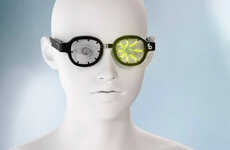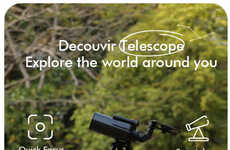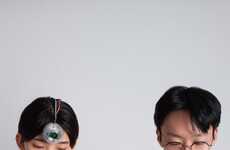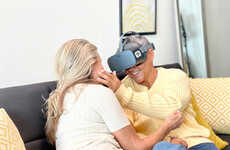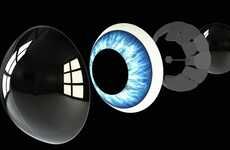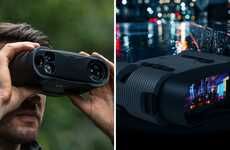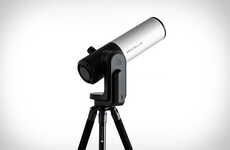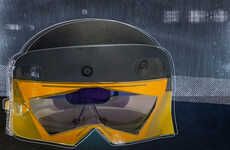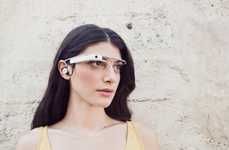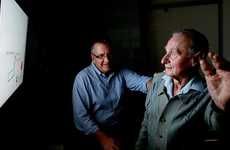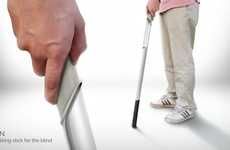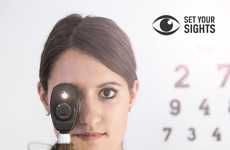The Implantable Miniature Telescope Gives Sight to Blind Patients
Meghan Young — October 4, 2012 — Lifestyle
References: ucdmc.ucdavis.edu & fastcodesign
The Implantable Miniature Telescope ushers in a trailblazing surgery for blind patients. This unprecedented implant essentially restores their vision. Although some may scoff at its 2X capabilities, it surprisingly makes a huge difference. Virginia Bane, an 89-year-old California-based artist who is the first to receive the Implantable Miniature Telescope, says, "Colors are more vibrant, beautiful and natural and I can read large print with my glasses. I haven’t been able to read for the past seven years."
Developed by a team of surgeons from the UC Davis Eye Center and VisionCare, the ophthalmic technology company that produced the implant, the Implantable Miniature Telescope is made up of a silica capsule that contains the optical elements, a transparent thermoplastic carrier and a blue light restrictor.
Developed by a team of surgeons from the UC Davis Eye Center and VisionCare, the ophthalmic technology company that produced the implant, the Implantable Miniature Telescope is made up of a silica capsule that contains the optical elements, a transparent thermoplastic carrier and a blue light restrictor.
Trend Themes
1. Implantable Miniature Telescope - The development of this technology opens up new opportunities for restoring vision for blind patients.
2. Ophthalmic Technology - Investments in developing and improving the ophthalmic technology could lead to potential breakthroughs in other eye surgeries.
3. Sight Restoration - The success of the Implantable Miniature Telescope can pave the way for more research into restoring vision for those who have lost it.
Industry Implications
1. Medical Devices - Companies focusing on the development of implantable devices have the opportunity to explore the potential of other innovative medical devices.
2. Ophthalmology - The success of the Implantable Miniature Telescope will encourage more research in the ophthalmic industry and push for development of better vision restoration technologies.
3. Artificial Intelligence (AI) in Healthcare - The utilization of AI in healthcare can lead to further development in vision restoration technology.
1.7
Score
Popularity
Activity
Freshness
